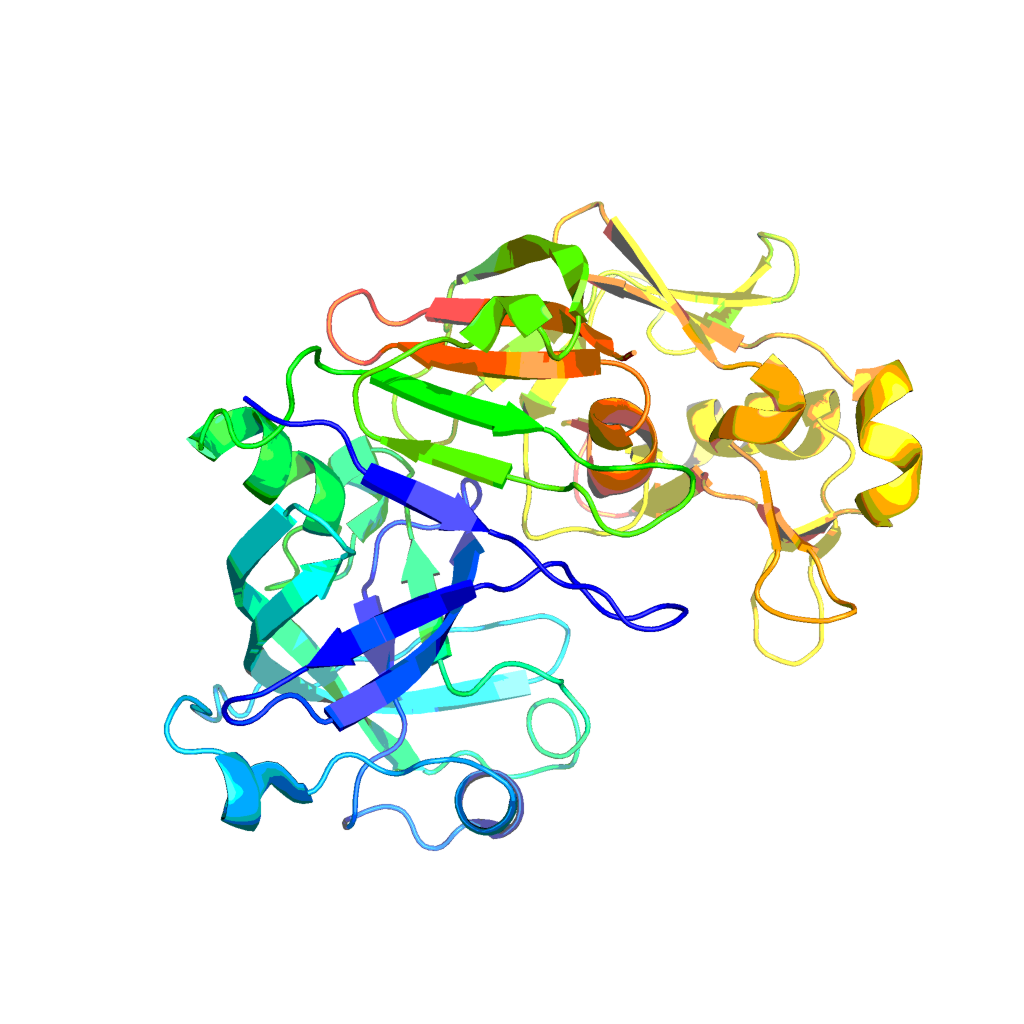Whey is a very popular ingredient in ice cream, chocolate, crisps and infant formula and here at the Swedish Halal index it is one of the ingredients that prevents a product from getting the Swedish Halal Index Logo. But what is whey and what is its halal status?
What is whey?
Whey is what remains of regular milk after the milk has been coagulated into cheese. When the cheese coagulates and forms curd there will always be liquid remaining in the milk mixture and it is this liquid that is called whey. The whey can then be dried and used in other products. Often it is used as fillers or as a cheaper alternative to powdered milk.
Is whey halal?
Depending on which law school you follow the answer may vary. In Shafie school the whey is Halal only if the rennet is halal. This means that if rennet comes from halal slaughtered animals or if you have used ystenzym in cheese-making then the whey is halal. Unfortunately, both of these options have been very rare in Sweden, but recently, Arla has begun producing large quantities of cheese using ystenzym, so in the future, it is very possible that the whey from this production also enters onto the market. If this whey is kept separated from the whey that comes from traditional cheese-making the products that make use of this “halal whey” will also be halal (if they do not contain other ingredients that make it non-halal).
Is there no chemical transformation when the milk is converted to whey?
In this case, the question is really irrelevant because milk itself is Halal and clean. What affects the whey halal status is whether the rennet is halal or not. If rennet is not Halal it is classified as unclean (Najis) and will then contaminate the milk as it reacts with it (and the resulting whey) so that the entire mixture will be classified as unclean (Najis). This status applies for both the cheese and the whey. If the rennet on the other hand is halal, it is clean and this is then reflected in both the cheese and whey.
If there are halal whey, why can not products containing whey get the Swedish Halal index logo?
There are many products that do not have the Swedish Halal Index Logo. Since the companies contacted have argued that their whey comes from Swedish cheesemaking and, until last year with few exceptions, rennet from non-halal slaughtered animals were used in Swedish cheese making, the probability is very small that the produced whey is halal from the Shafie school point of view. Furthermore, there is also a risk that halal whey is mixed with non-halal whey before being sold to manufacturers of these products.
